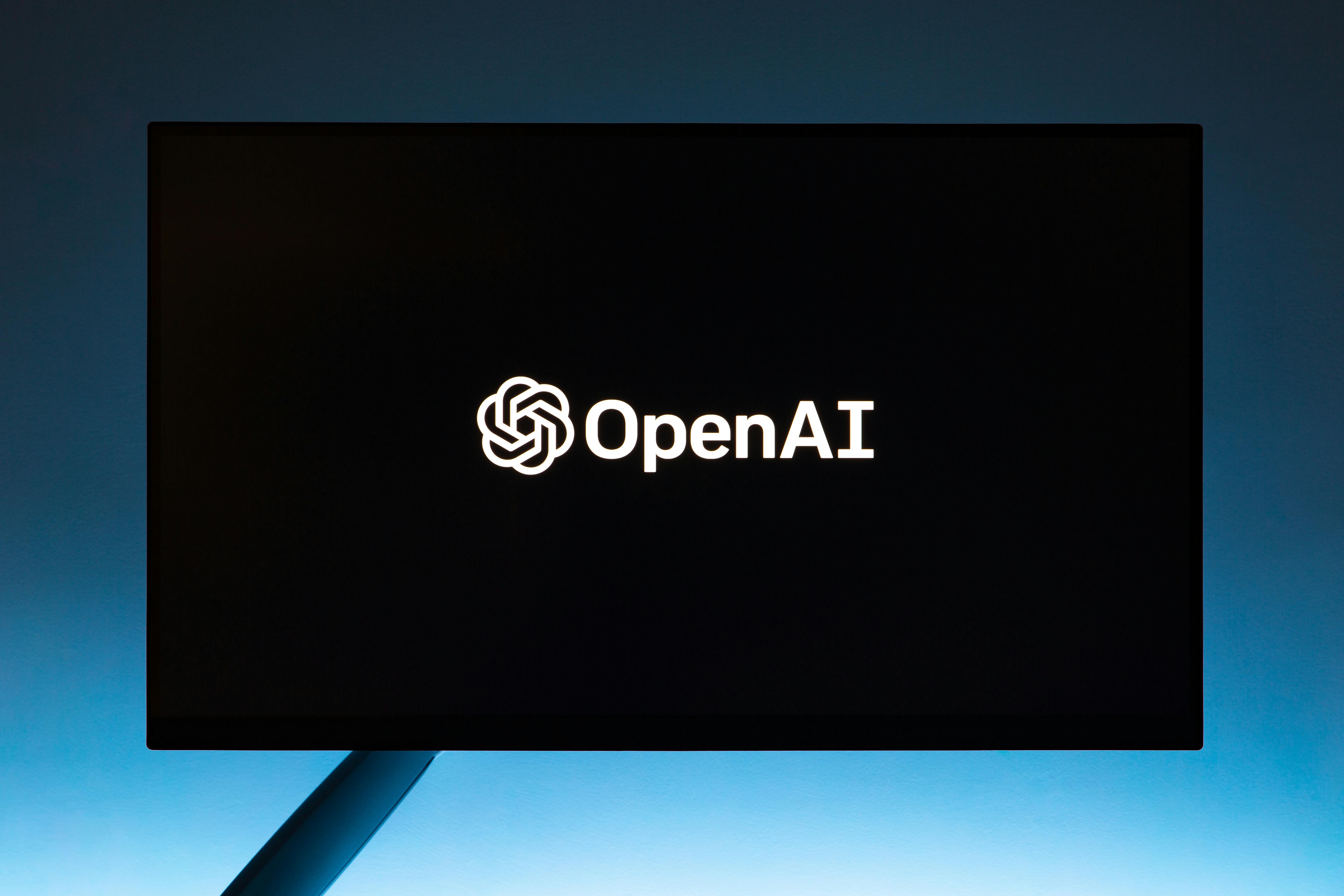
Introduction
OpenAI’s recent announcement regarding a week-long shutdown has caused quite a stir in the tech world. This strategic pause comes at a critical moment when the company is grappling with significant challenges, including employee burnout and increasing competition for talent. As OpenAI continues to push the boundaries of artificial intelligence with innovations like ChatGPT, the implications of this shutdown are noteworthy and shed light on broader trends in the AI industry.
A Strategic Stagnation After Months of Intensive Work
Over the past year, OpenAI has been under the spotlight due to the rapid growth and distribution of its generative AI tools. The company has been working tirelessly on products such as ChatGPT, GPT-4, and the forthcoming GPT-5. However, this relentless pace has come at a cost. Employees are reportedly logging 80 hours per week, which raises concerns about sustainability and mental health.
Recognizing the unsustainable nature of such a workload, OpenAI’s leadership made a bold decision to halt operations for a full week. This extraordinary move aims to allow employees to unwind, recharge, and return to work with renewed focus and creativity. By prioritizing the well-being of its team, OpenAI is attempting to establish a more sustainable approach to productivity. Such decisions highlight the increasing awareness within tech companies about the importance of mental health and work-life balance.
Meta’s Hiring Surge Raises Pressure on OpenAI
Adding to the pressure, reports have surfaced indicating that Meta has actively recruited several top researchers from OpenAI. The tech giant has reportedly brought on at least seven senior researchers, some of whom played pivotal roles in developing OpenAI’s AI models. This exodus of talent underscores the intensifying competition for skilled professionals in the AI sector.
With compensation packages reaching over $100 million, the race to attract and retain top talent has become fierce. The recruitment strategies employed by major players like Meta reveal not only their ambition but also the lengths to which they will go to secure the brightest minds in AI.
Leadership Warns of Poaching Risks During Shutdown
In light of the current climate, OpenAI’s Chief Research Officer, Mark Chen, has issued internal communications to employees, stressing the need for vigilance regarding possible recruitment efforts from competing firms during the hiatus. Chen’s warning points to a growing concern about employee poaching during this strategic downtime.
“Meta knows we are offline,” Chen highlighted, urging employees to remain alert to recruitment strategies during this period. This advice is particularly pertinent given the recent competition for AI talent and the potential ramifications of losing key personnel.
Re-evaluating Compensation Strategies
The competitive landscape has prompted OpenAI to reassess its compensation structure. With industry giants like Google and Meta offering lucrative packages, it has become increasingly challenging for OpenAI to attract and retain top talent. Inside sources indicate that discussions are underway to enhance current compensation packages, focusing on equity and benefits.
Balancing the company’s mission-driven culture with the need for competitive compensation will be vital as OpenAI navigates the pressures of the technology landscape. As the demand for exceptional talent grows, so too does the necessity for companies to evolve their offerings to meet the expectations of their employees.
Understanding the Significance for the AI Industry
The decision to pause operations, while temporary, serves to illuminate several critical trends and challenges facing the AI industry:
- Burnout Among AI Teams: The high-pressure environment within tech companies often leads to burnout, negatively impacting mental health and overall productivity.
- Intensified Talent Wars: Major technology firms are prepared to offer significant financial incentives to attract top-tier AI professionals.
- Culture vs. Compensation: Start-ups with mission-centric cultures are competing against well-funded giants, leading to tough choices for employees.
- Stability in AI Development: OpenAI’s temporary stagnation raises questions about maintaining momentum and prioritizing human resource development in a rapidly changing industry.
What Lies Ahead for OpenAI?
As OpenAI gears up to resume operations, the focus will be on balancing rapid innovation with the need for internal stability. Projects like GPT-5 are still on the horizon, but the company must ensure it retains its talent pool and addresses employee welfare amidst intensifying competition.
Ultimately, this week-long shutdown is not merely a gesture but a strategic move aimed at reinforcing the company’s commitment to its employees. The challenge remains in fostering a work environment that champions innovation while prioritizing mental health and well-being.
Conclusion
OpenAI’s unusual decision to initiate a company-wide shutdown speaks volumes about the pressures faced within the AI field. It emphasizes that innovation is driven not just by technology but by the people behind it. The success of this initiative may set a new precedent for tech companies, establishing a standard for prioritizing employee well-being without compromising productivity or creativity. The coming months will reveal how OpenAI adapts to these challenges and whether they can maintain their competitive edge in this rapidly evolving landscape.
